A horse! a horse! my kingdom for a horse!
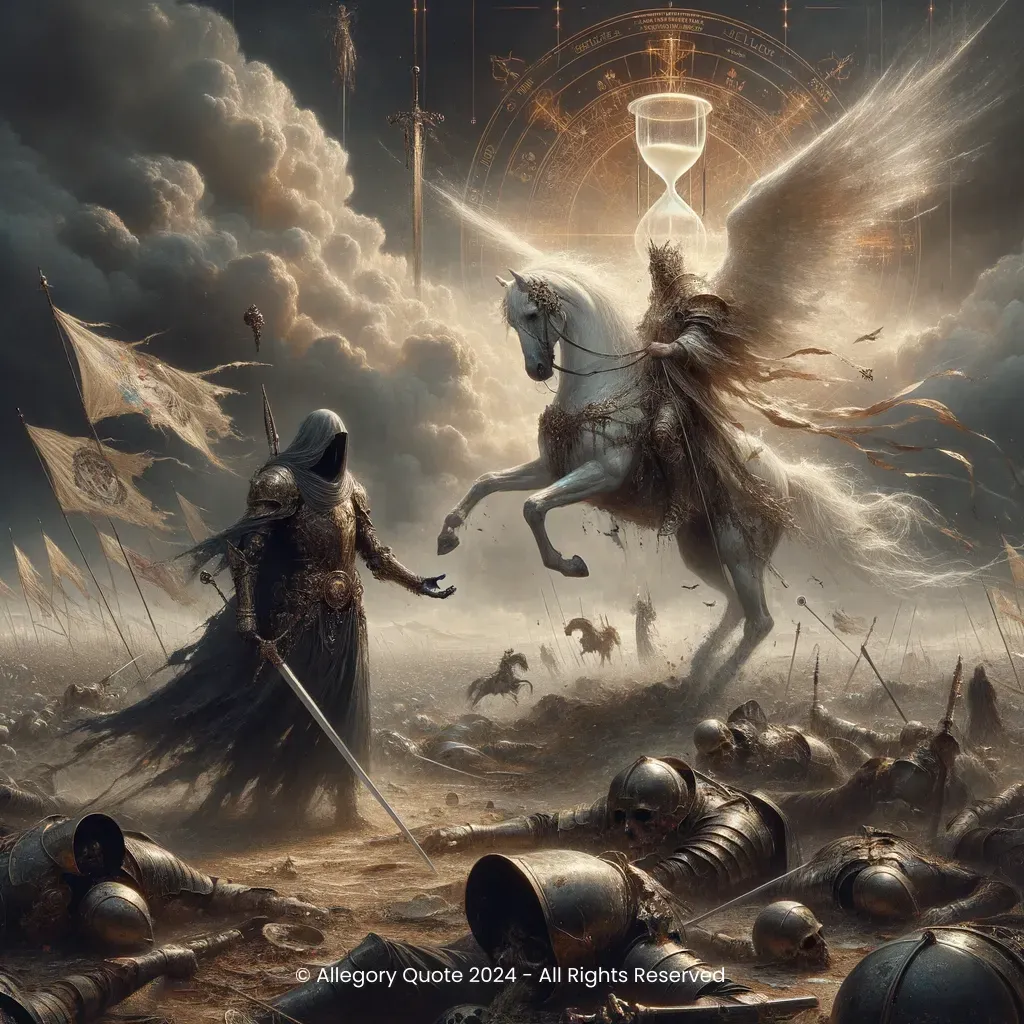
0
0
0
0
- Meaning
- The phrase "A horse! a horse! my kingdom for a horse!" is uttered by King Richard III during the Battle of Bosworth Field. Richard, finding himself unhorsed and in the throes of defeat, desperately offers his entire kingdom in exchange for a horse. The phrase underscores themes of desperation, the chaos of battle, and the fleeting nature of power.
- Allegory
- The allegorical image includes several elements central to the phrase: the weary king in tarnished armor symbolizes Richard III and his dire situation. The majestic white horse galloping in the distance represents the king's desperate need for a horse, underscoring how close yet so far his requirement is. The strewn battlefield filled with fallen soldiers and broken banners emphasizes the chaos and loss surrounding him. The shadowy figure of Fate with an hourglass introduces the theme of time running out, highlighting the transient nature of power and success. The overcast sky reinforces the tension and desperation of the moment. Together, these elements create a poignant visual narrative of the phrase’s essence and its dramatic context.
- Applicability
- This phrase can be applied to personal life or daily human activities by illustrating that in moments of extreme desperation, people might be willing to give up even their most valuable possessions for something seemingly minor but urgently needed. It highlights the concept of valuing certain things only when they are lost or in short supply.
- Impact
- This phrase has had a significant impact on culture and literature. It has been widely quoted and referenced in various contexts to signify desperation or the plight of losing something crucial at a pivotal moment. Its dramatic flair has made it a memorable line that continues to be cited in discussions about leadership, ambition, and downfall.
- Historical Context
- The historical context of this phrase is the late 16th century, around 1593, when Shakespeare wrote "Richard III." The play is based on the real-life Richard III of England, who was defeated at the Battle of Bosworth Field in 1485. This marked the end of the Wars of the Roses and the rise of the Tudor dynasty. The phrase reflects the chaotic and transformative period in English history.
- Criticisms
- Criticisms of this phrase might revolve around its dramatic nature, with some suggesting that it exemplifies an over-the-top reaction to a situation. Additionally, historical purists might argue that Shakespeare took creative liberties with the character of Richard III, thus the phrase may not accurately reflect the real monarch's actions or character.
- Variations
- This phrase does not have widely known variations, but it has been referenced and parodied in numerous cultural contexts. Different cultures might have analogous expressions that are used to illustrate the extremity of a situation and the lengths one might go to address it.
-

The golden age is before us, not behind us.
-

All the world's a stage, and all the men and women merely players.
-
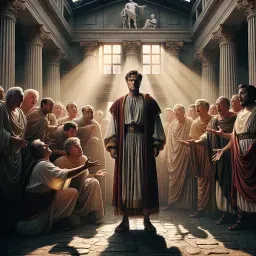
Et tu, Brute?
-

Some rise by sin, and some by virtue fall.
-
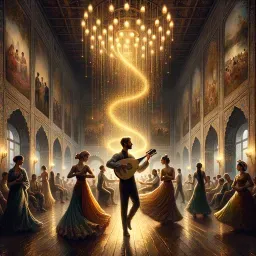
If music be the food of love, play on.
-

What is past is prologue.
-
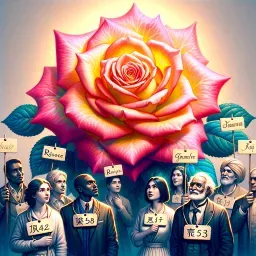
What's in a name? That which we call a rose by any other name would smell as sweet.
-
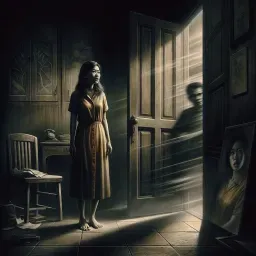
Suspicion always haunts the guilty mind.
-

Parting is such sweet sorrow.
-

No legacy is so rich as honesty.
No Comments